2023-08-01 08:54
Incheon International Airport Welcomes New CEO Lee Hak-jae

The newly appointed CEO, Lee Hak-jae, is set to propel Incheon International Airport’s logistics services into a new era. His leadership promises to infuse fresh vitality into the airport’s logistics operations and fulfill his vision of establishing Incheon as a global logistics hub. Born in 1964, President Lee graduated from Seoul National University and earned master’s and doctoral degrees from Chung-Ang University. He has previously served as the mayor of Incheon Metropolitan City’s Seo-gu Office, and was a three-term member of the 18th to 20th Korean National Assembly.
In his inaugural address, Lee highlighted the pivotal crossroads at which Incheon International Airport currently stands. “Due to the post-pandemic era and digital innovation, we are encountering a tremendous transformation in our business management environment,” he said. Highlighting the importance of Incheon leading the global airport industry, he emphasized, “We must become a ‘first mover,’ creating value.” Lee’s commitment to creating a ‘smart logistics cluster’ promises to transform Incheon International Airport into a global integrated mega hub.
The initiative will prioritize several key areas, such as the development of a smart cargo terminal, a Joint Distribution Center for Small and Medium-sized Enterprises (SMEs), expansion of the global network, and the attraction of air cargo and logistics specialists, including e-commerce and 3PL companies. Incheon International Airport is steadfast in its commitment to the development of a smart cargo terminal based on future-forward technology, aiming to boost its competitive stance in air cargo and logistics.
Through Business Process Reengineering (BPR), the airport is partnering with experts from Korean Air and Asiana Airlines to formulate future operating processes for the smart cargo terminal. These new procedures will integrate Fourth Industrial Revolution technologies, such as unmanned robots, artificial intelligence, big data, and autonomous driving.
A pilot project set to be operational by 2027 will assess the suitability of IT technology for cargo terminal operations and steer the development of a smart cargo terminal. Global network expansion remains a core focus area for Incheon International Airport. As of December 2022, the airport’s cargo-dedicated routes connect to 107 cities across 43 countries via 25 airlines.
Connections include 20 locations in China, 6 in Japan, 10 in Southeast Asia, 27 in North America, 5 in Central and South America, and 18 in Europe. Including passenger flights, Incheon Airport’s air network offers uninterrupted connections to 152 cities across 53 countries year-round. In a concerted effort to expand the new network and boost cargo volume, Incheon International Airport is extending various incentives to airlines.
These benefits range from subsidies covering up to 100% of landing fees and actual marketing expenses for two years, particularly for those who are newly incorporated, initiating new routes, or undertaking nighttime operations. The airport is also providing additional benefits to airlines that demonstrate an increase in cargo volume. Moreover, Incheon International Airport is implementing joint marketing initiatives using these incentives. In partnership with 12 airlines, the airport is conducting informative sessions and running online joint advertising campaigns to attract a larger cargo volume.
Moving forward, Incheon International Airport is committed to crafting robust strategies for cargo transport network expansion. Through strategic collaborations with global companies, the airport aims to consolidate its position as a global hub, propelling itself into a new chapter in logistics operations.
< Korea Shipping Gazette >
많이 본 기사
- “해양관광대국 초석 다진다” 해양레저관광협회 공식 출범CMA CGM, 美 항만운영사 설립…터미널 10곳 묶는다북극항로 민관협의회 출범 “9월 시범운항”해수부 출입 해운기자단, 해사신문 윤여상 국장에 감사패 전달KSS해운, BGN·태국석유공사와 VLGC 7척 장기계약‘부산 환적·광양 수출입’ 컨물동량 1%대 성장삼성중공업, 지난해 영업익 8622억 달성…12년來 최대정기선 HD현대 회장, 印 모디 총리 만나 합작조선소 건립 논의日 MOL, HD한국조선해양에 액화이산화탄소 운반선 2척 발주한진, ‘물류 바탕’ 전방위 ESG 경영 확산
- 인사/ 한국해양수산개발원케이조선, 5만t급 화학제품운반선 4척 수주…2900억 규모한국해양교통안전공단 이사장 공개 모집콜드체인協, 제11기 콜드체인관리사 양성과정 모집태웅로직스, 이천 풀필먼트센터 구축…이커머스 물류 진출목포해大 최부홍 신임 총장 “학생·지역·국가에 책무 다할 터”국제물류협회, 마이스터고 대상 ‘영마이스터 물류캠프’ 운영인사/ 해양수산부부산항 컨테이너 물동량 2488만TEU…최대치 경신엑소텍, 프랑스서 물류 자동화 행사 ‘엑소서밋 2026’ 개최
스케줄 많이 검색한 항구









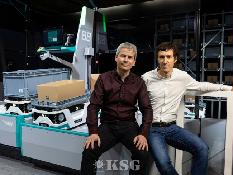

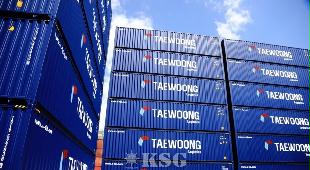

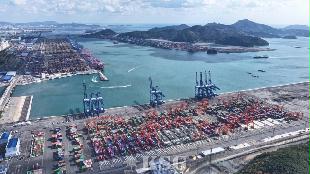
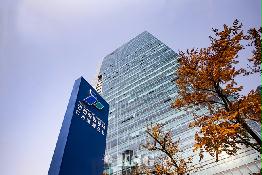
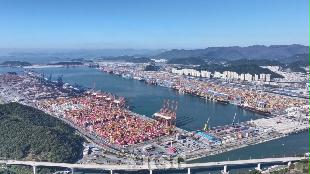
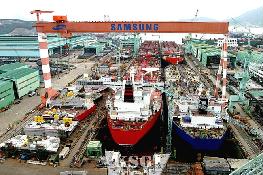
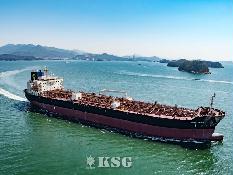
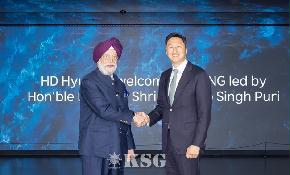
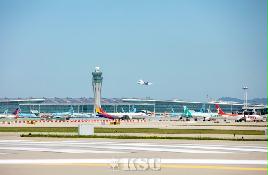
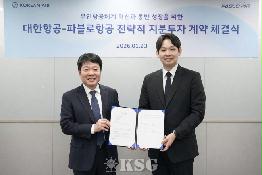
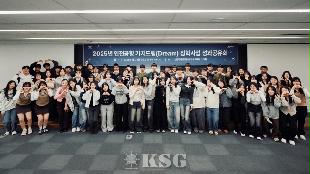
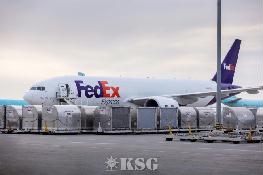
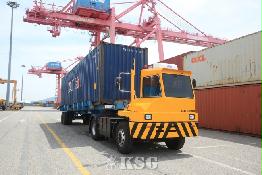

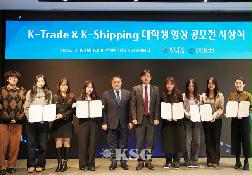
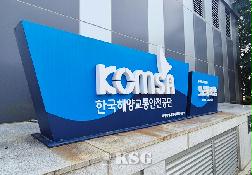
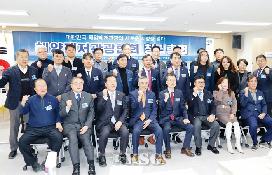

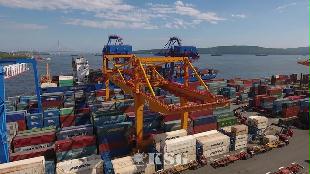
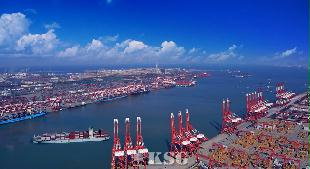
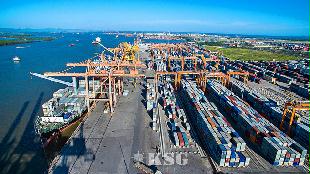
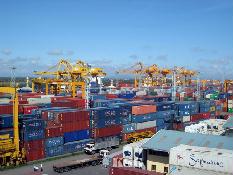





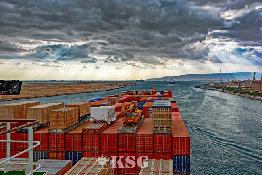
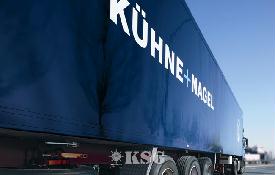

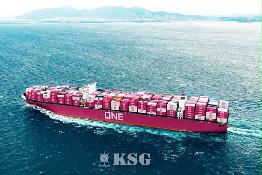

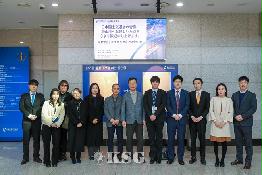




















0/250
확인